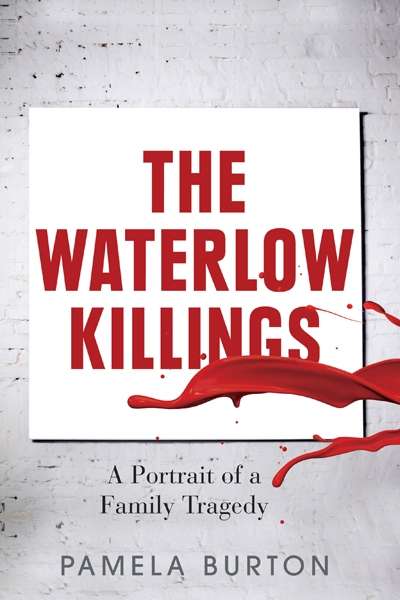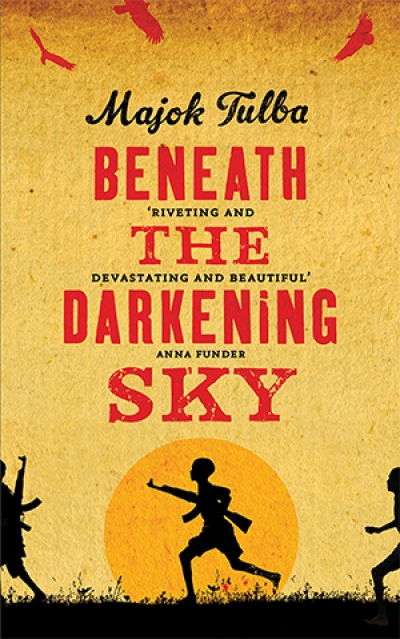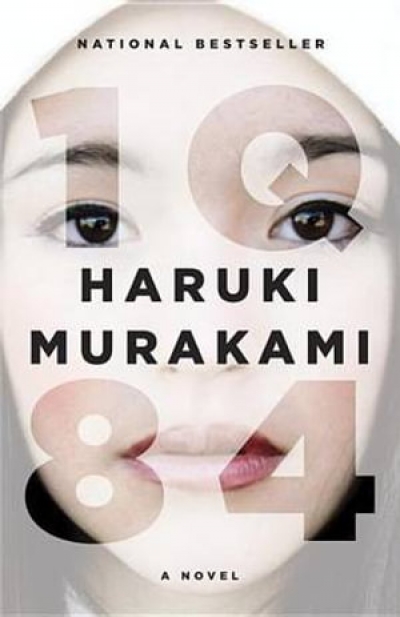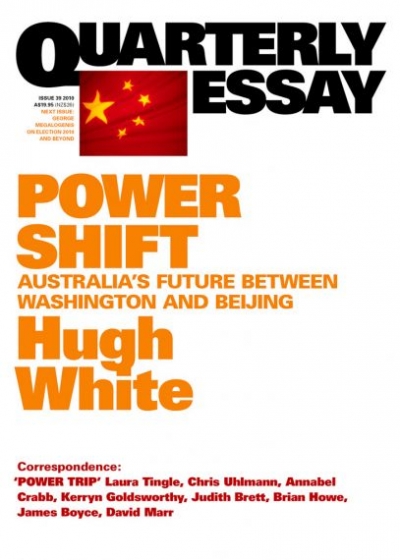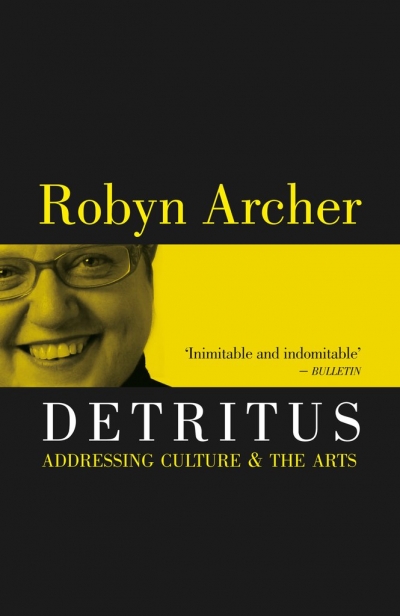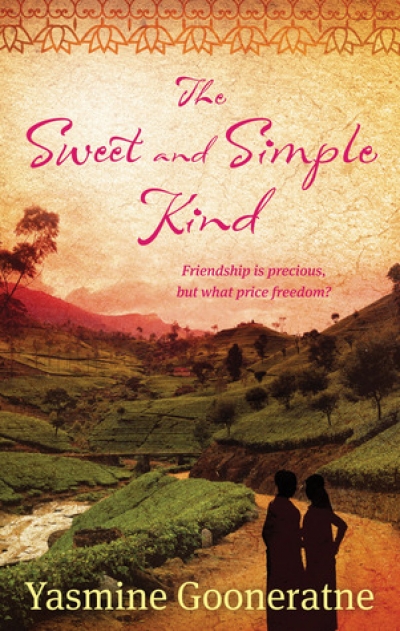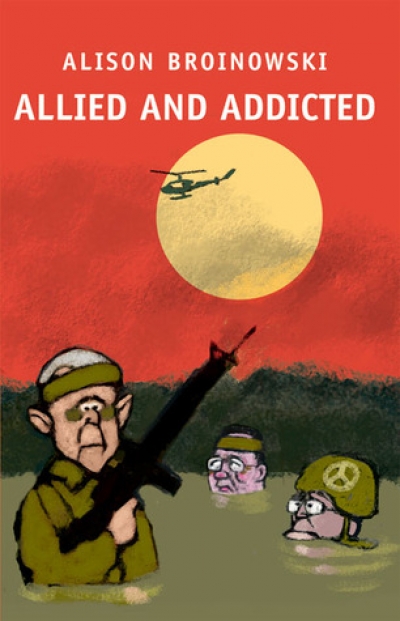Alison Broinowski
The Waterlow Killings: A Portrait of a Family Tragedy by Pamela Burton
by Alison Broinowski •
1Q84 by Haruki Murakami, translated by Jay Rubin and Philip Gabriel
by Alison Broinowski •
The Politics of Prisoner Abuse: The United States and Enemy Prisoners after 9/11 by David P. Forsythe
by Alison Broinowski •
The Decline and Fall of the American Republic by Bruce Ackerman
by Alison Broinowski •
Power Shift: Australia’s Future between Washington and Beijing (Quarterly Essay 39) by Hugh White
by Alison Broinowski •
Detritus: Addressing Culture and the Arts by Robyn Archer
by Alison Broinowski •
The Sweet and Simple Kind: A novel Of Sri Lanka by Yasmine Gooneratne
by Alison Broinowski •

